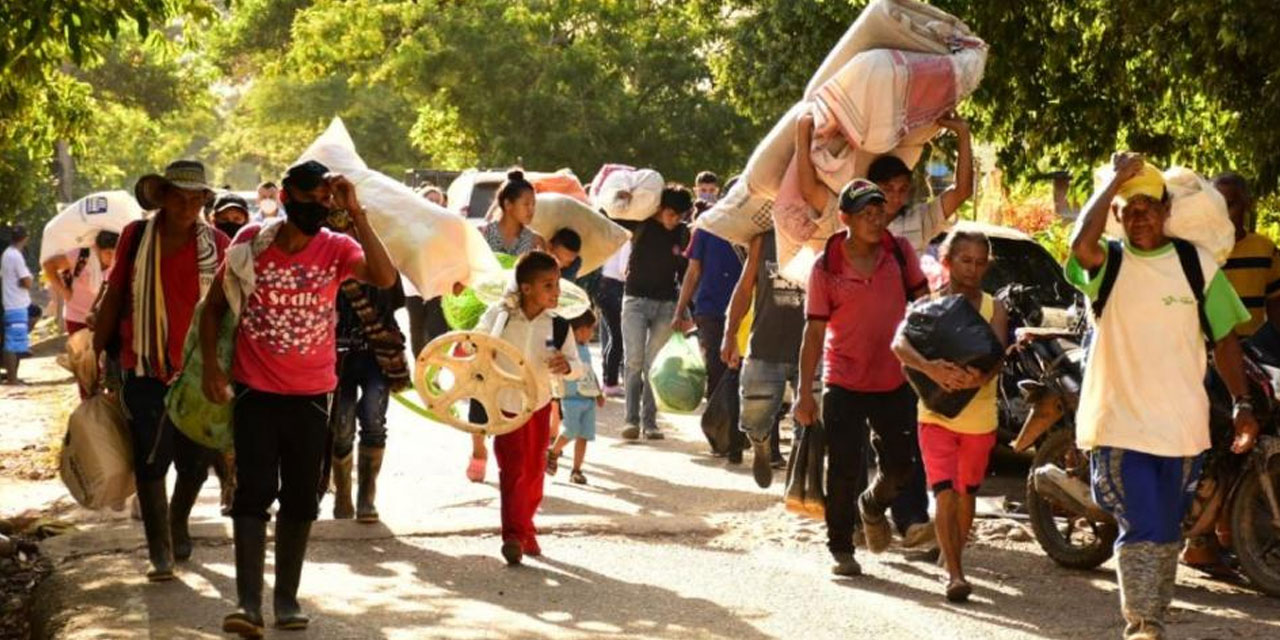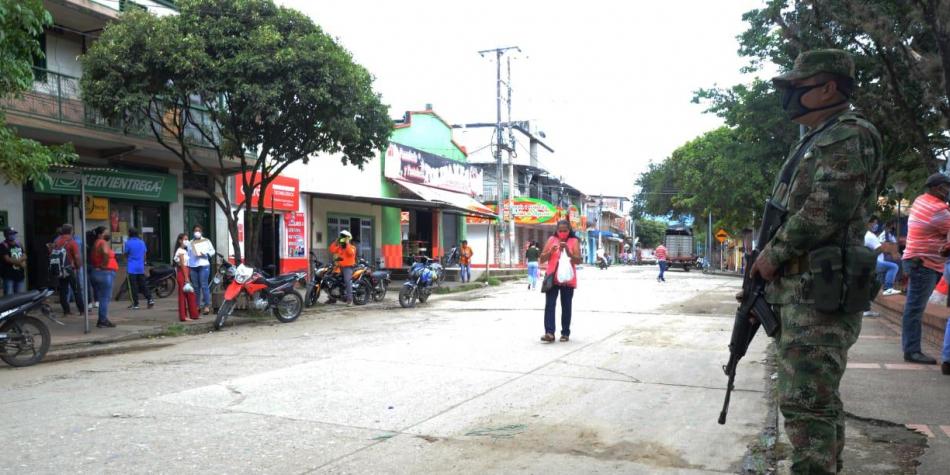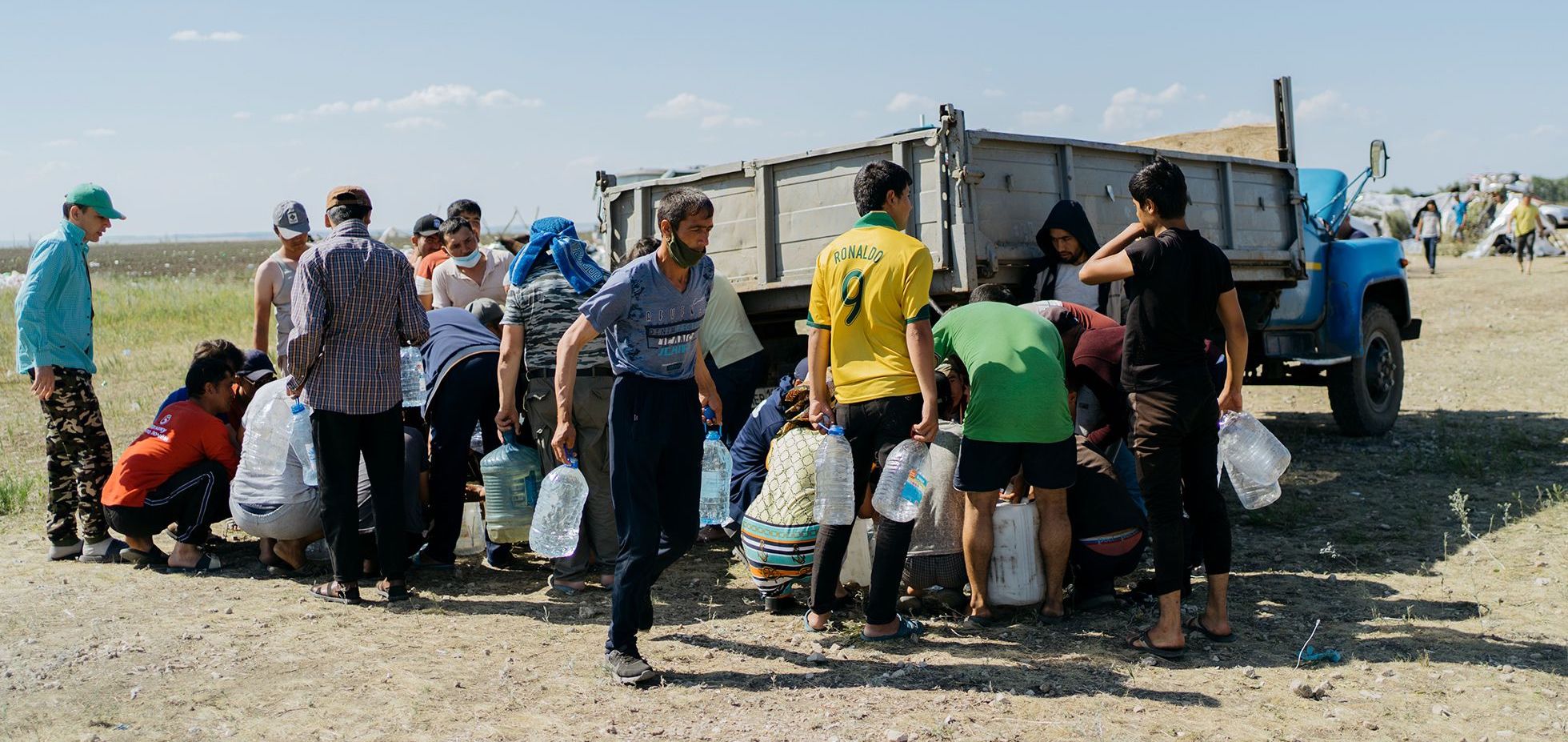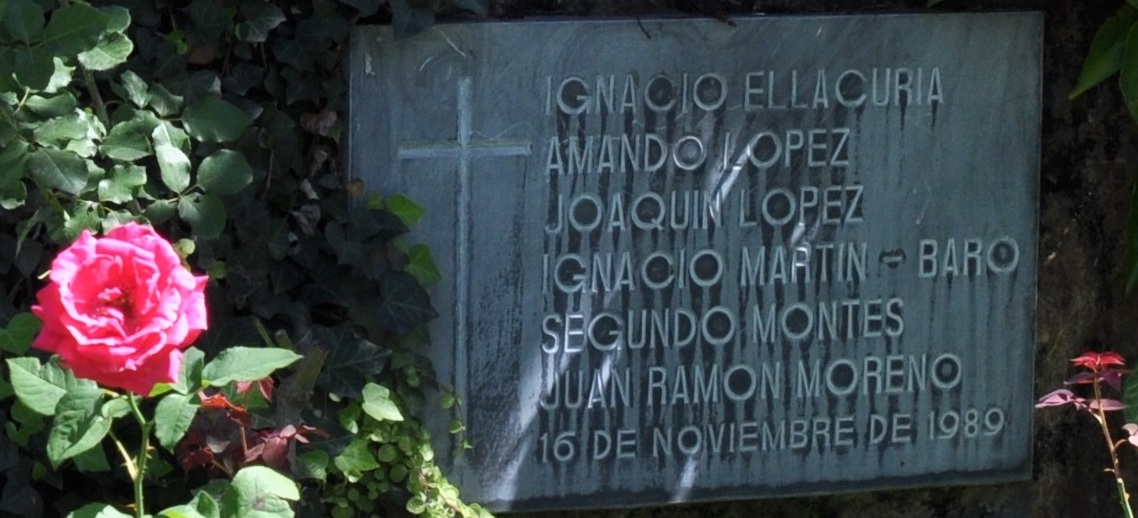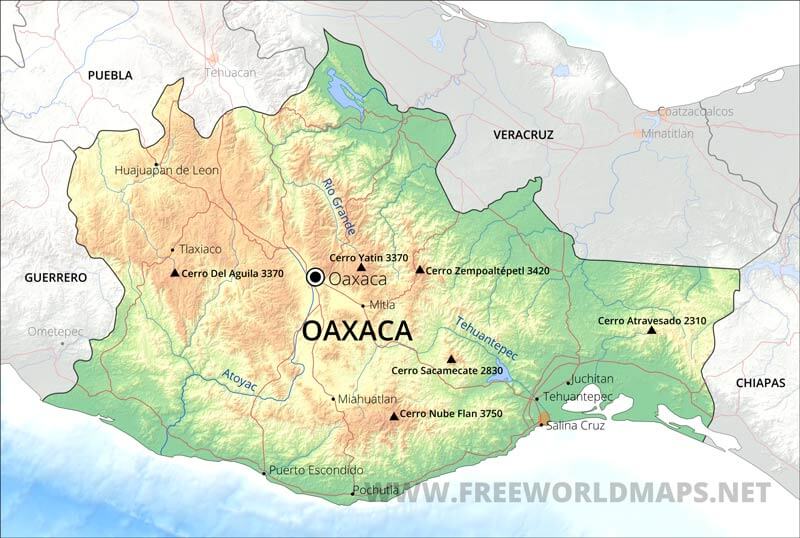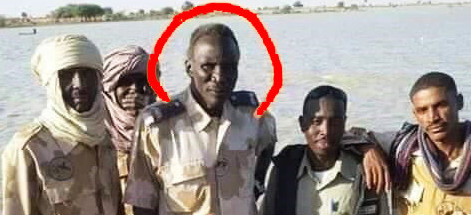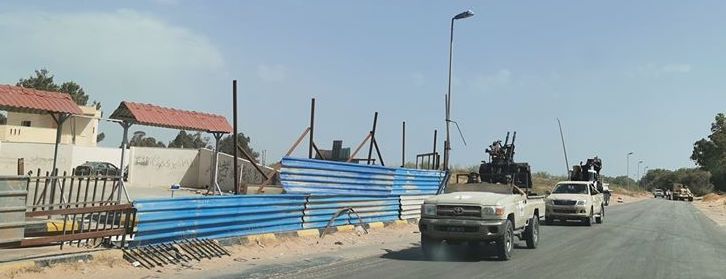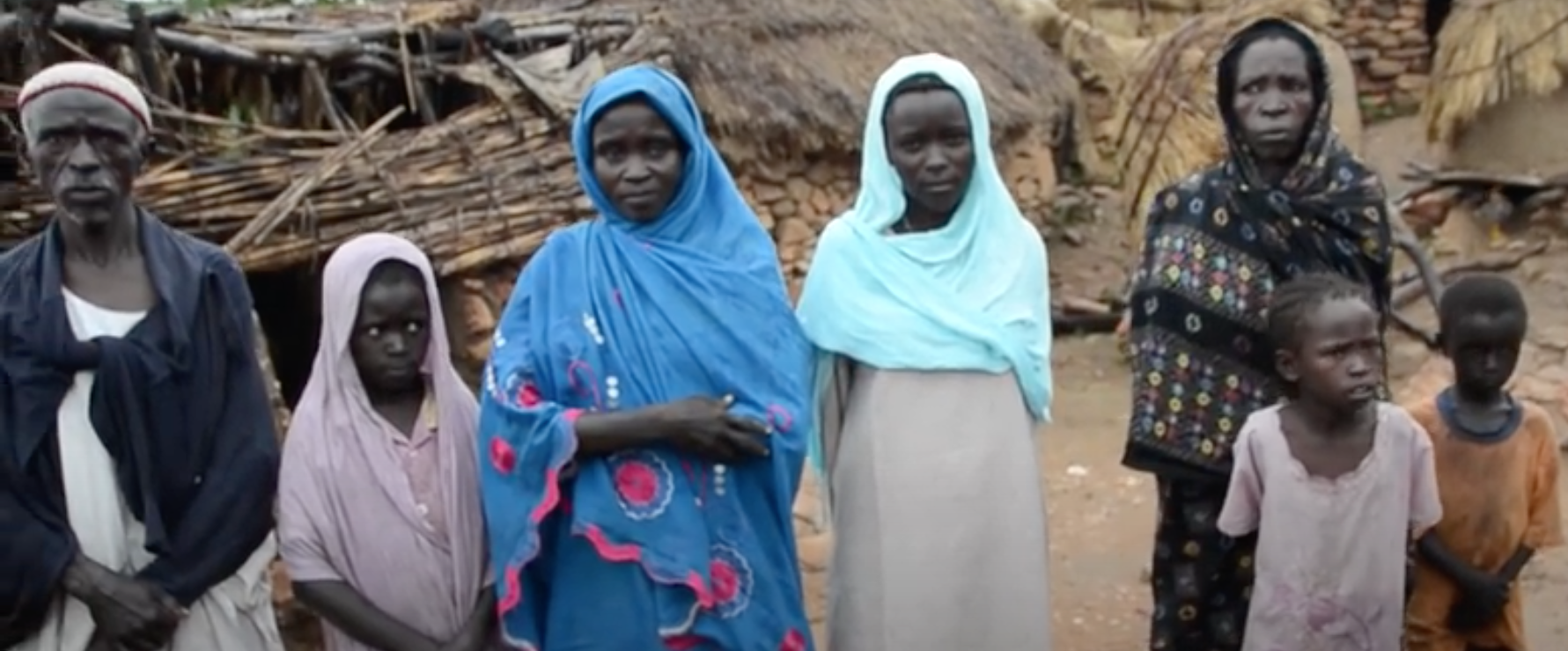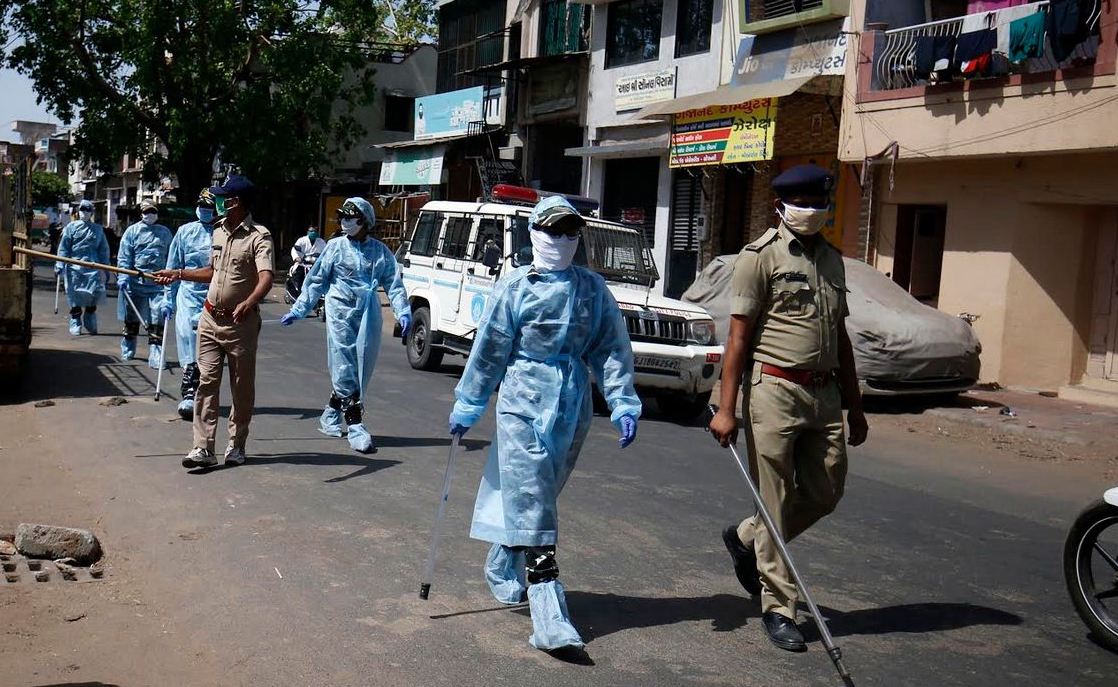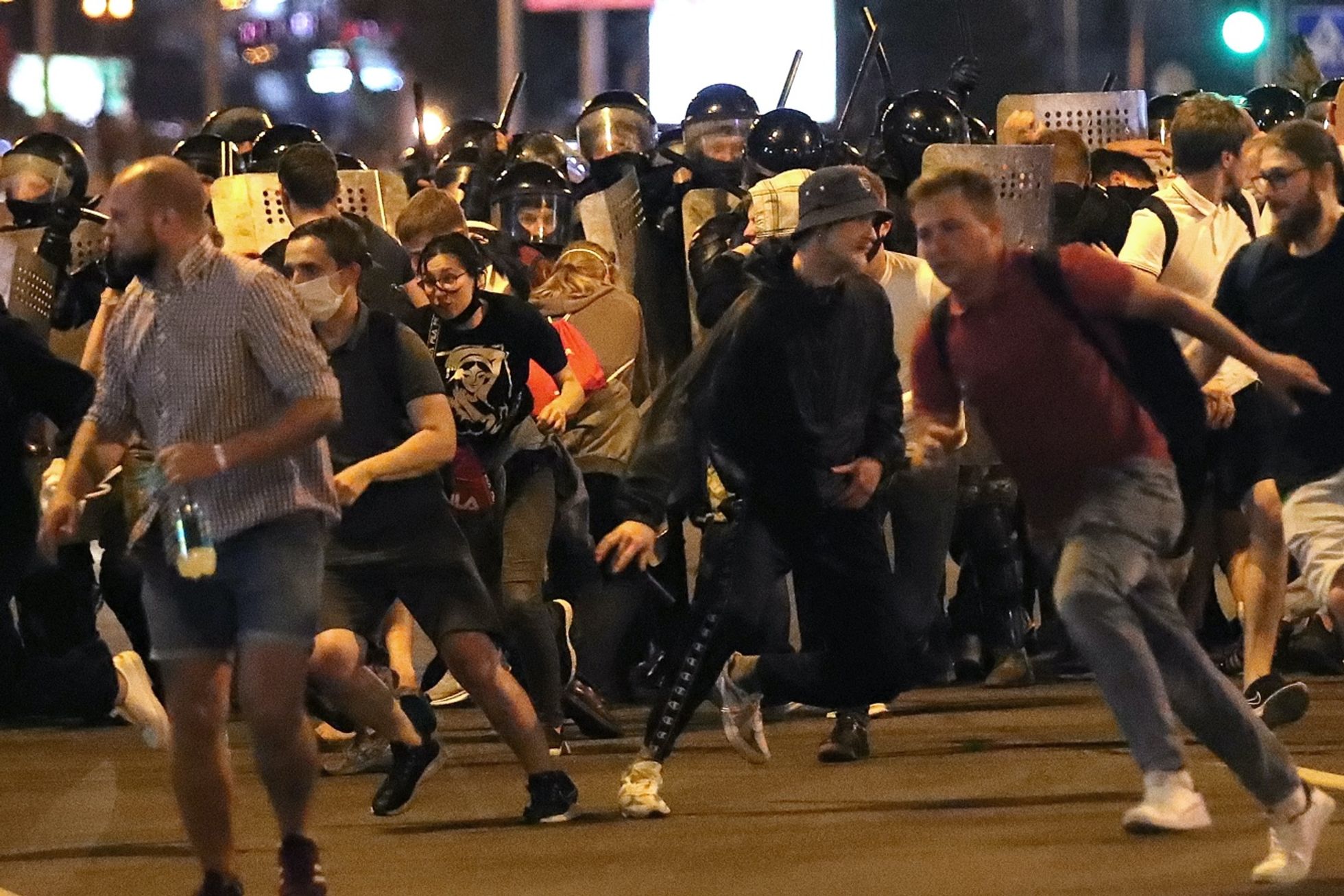
Net silence as Belarus explodes into protest
Long-ruling strongman Alexander Lukashenko cut off internet across most of Belarus as the country explodes into angry protests in the wake of contested presidential elections. Riot police are unleashing harsh repression, using rubber bullets, flash-bang grenades and water hoses against demonstrators. One person has been reported killed and many more wounded, including several police officers. According to preliminary results, Lukashenko won an unlikely 80% of the vote, with the main opposition candidate Svetlana Tikhanovskaya taking only 10%. Tikhanovskaya was a surprise replacement for her husband Sergei, a popular blogger who was arrested after he attempted to launch his candidacy. She held large rallies in Minsk and other cities, riding a groundswell of discontent with Lukashenko. (Photo: Meduza)



